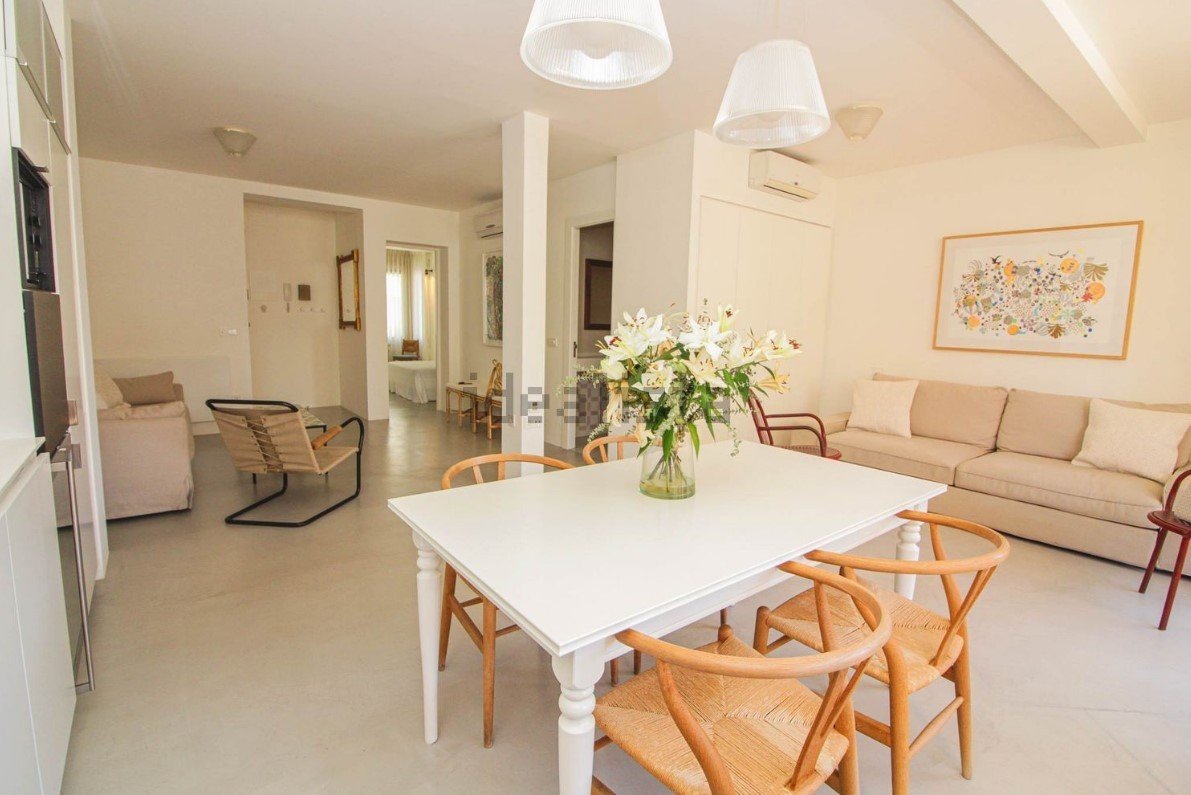Spain has become a popular destination for both expatriates and locals looking for rental housing. With its diverse regions, rich culture, and vibrant lifestyle, renting a home in Spain offers a unique experience. This guide covers essential aspects of renting in Spain, including the types of rental properties available, https://finanzasdomesticas.com/vivienda-de-alquiler-en-espana legal considerations, and tips for finding the perfect home.
Table of Contents
ToggleTypes of Rental Properties
1. Apartments
Apartments are the most common type of rental property in urban areas. They can range from small studio apartments to larger multi-bedroom units. Key features include:
- Location: Urban centers like Madrid, Barcelona, and Valencia offer a wide variety of apartments.
- Amenities: Many apartments come with modern amenities, such as swimming pools, gyms, and secure entry systems.
2. Houses
For those seeking more space and privacy, houses are a great option. They are often found in suburban or rural areas and can vary significantly in size and style.
- Detached and Semi-Detached: Options range from standalone houses to semi-detached homes sharing walls with neighbors.
- Gardens and Outdoor Space: Many houses come with gardens, which can be ideal for families or those who enjoy outdoor living.
3. Shared Accommodation
Shared living is popular among students and young professionals. This can include:
- Room Rentals: Renting a room in a shared apartment or house.
- Co-living Spaces: Modern co-living facilities that offer private rooms with shared communal spaces.
Legal Considerations
1. Rental Contracts
When renting in Spain, it’s essential to understand the rental contract (contrato de alquiler). Key elements include:
- Duration: Contracts can be short-term (less than a year) or long-term (typically 5 years, or 7 years if the landlord is an individual).
- Terms: The contract should clearly outline rent, deposits, maintenance responsibilities, and termination conditions.
2. Tenant Rights
Spanish law provides various rights to tenants, including:
- Rent Control: Some regions have laws limiting how much rent can be increased.
- Deposit: Landlords can typically require a deposit of one to two months’ rent, which must be returned at the end of the tenancy if there’s no damage.
3. Registration
In some areas, landlords are required to register rental properties with local authorities. This helps ensure the property meets safety and health regulations.
Finding Rental Properties
1. Online Platforms
Several online platforms can help you find rental listings, including:
- Idealista: One of the largest real estate websites in Spain, offering a wide range of properties.
- Fotocasa: Another popular site with extensive listings across the country.
- Local Real Estate Agencies: Often have exclusive listings and can provide personalized assistance.
2. Social Media and Expat Groups
Social media platforms and expat forums can also be valuable resources for finding rental opportunities:
- Facebook Groups: Many cities have dedicated groups where landlords post available properties.
- Expat Forums: Websites like Expat.com or Internations often have sections for housing where members share listings and advice.
Rental Costs
1. Monthly Rent
Rental prices vary significantly based on location, size, and amenities. Major cities typically have higher rents compared to smaller towns. It’s crucial to research and compare prices in different areas.
2. Additional Costs
When renting in Spain, consider additional costs such as:
- Utilities: Electricity, water, and internet are often not included in the rent and can add a significant amount to monthly expenses.
- Community Fees: If renting in a building with shared amenities, there may be additional community fees for maintenance.
Tips for Renting in Spain
1. Visit Properties
Whenever possible, visit properties in person to get a true sense of the space and neighborhood. Virtual tours can be helpful but may not capture all details.
2. Understand the Neighborhood
Research the neighborhood’s amenities, transportation options, and safety. Consider factors like proximity to work or schools, local shops, and recreational facilities.
3. Language Considerations
While many Spaniards speak English, especially in tourist areas, having a basic understanding of Spanish can be helpful when dealing with landlords and rental contracts.
4. Be Prepared to Negotiate
In some cases, you may have room to negotiate the rent or terms of the lease, especially in a competitive market.
Conclusion
Renting a home in Spain can be an exciting experience, offering a blend of culture, lifestyle, and opportunities. By understanding the rental market, legal considerations, and practical tips, you can navigate the process more effectively and find a home that suits your needs. Whether you’re seeking a bustling city apartment or a tranquil house in the countryside, Spain’s diverse rental options cater to various preferences and budgets.
